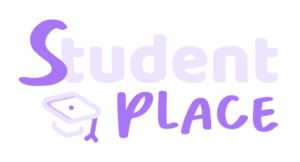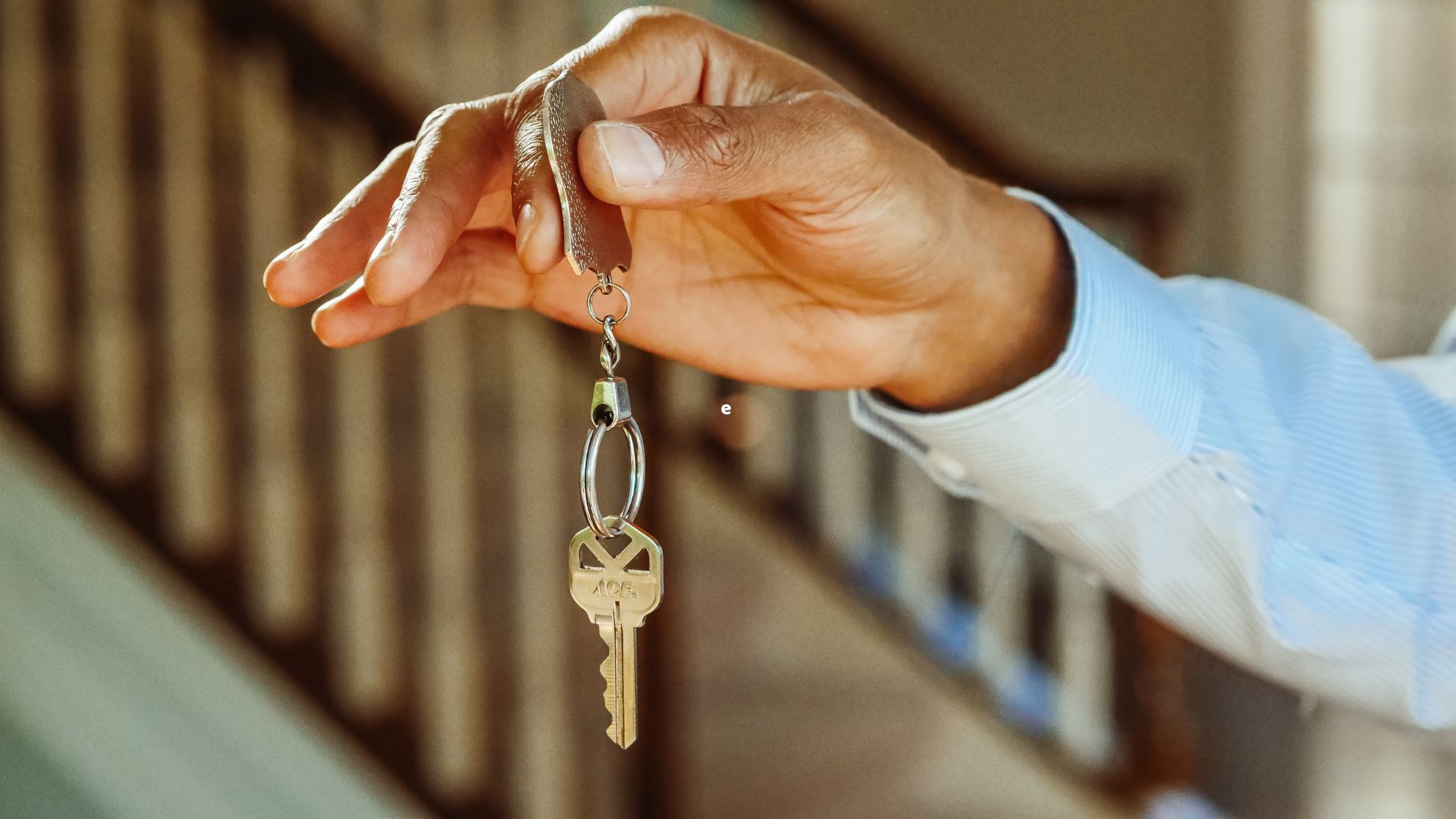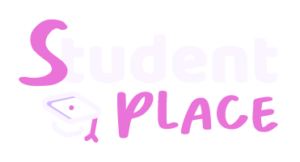
If you want to speak like a native Frenchman, it’s important to know the tricks and expressions of the French language.
In this article, we present you with tips on how to speak like a native speaker, as well as examples of French slang. Whether you’re a beginner in French or just looking to improve your language skills, this article is for you.
Tips for speaking like a native
Use shortened negation
Contrary to the rules of grammar, the French tend to shorten the negation for faster, more informal conversation. So you’ll often hear the French say “je peux pas” instead of “je ne peux pas”.
Use “bah” as an interjection
“Bah” is a French interjection used to express indifference or surprise. The French often use it at the beginning of a sentence to indicate that they are uncertain or need time to think. For example, “bah, I don’t know” or “bah, it’s complicated”.
Use filler words
The French tend to use filler words like “euh”, “bref”, “hein” or “bon ben” to mark a pause or buy time to think. It also helps keep the conversation flowing.
Verlan
Verlan is French slang for inverting the syllables of a word. For example, “chelou” for “louche”, “meuf” for “femme” or “vénère” for “énervé”. Verlan is often used by young people.
Originally, verlan was a secret code invented by Parisian working-class thugs in the 60s. It was then popularized, moving from the street to the radio, then from the radio to everyday language, and finally into dictionaries.
These days, some slang words have become so much a part of our everyday language that some people even forget their origins, like the word “ouf” which comes from “fou”.
It’s important to note that while certain words are now used by most French people, regardless of age, excessive use of verlan can be considered vulgar or unprofessional.
“Ça va” vs “Ça roule
“Ça va” is a common expression for “How’s it going?”, but the French also use “Ça roule” to mean “It’s going well” or “Everything’s fine”. This expression is more colloquial and can be used in more casual situations. Another expression you’re likely to hear is “ça roule ma poule” to express that everything’s fine.
“It’s amazing”
“C’est ouf” is verlan for “it’s crazy”. It’s often used to express astonishment or surprise at something. This expression is mostly used by young people and in more casual situations.
“To be lazy
“Avoir la flemme” is a common expression for not wanting to do something. It is often used to justify not wanting to get out of the house or not wanting to do a particular activity.
“I’m exhausted”
“I’m exhausted” is a common expression for being tired. It is often used after a long day’s work or intense physical activity.
“A fag
“A clope” is a more colloquial way of saying “a cigarette”. Cigarettes are very bad for your health!
“I’m fed up
“J’en ai marre” (I’m fed up) is a common expression for saying that you’ve had enough or are tired of something. It can be used in informal or more formal situations.
“Kiffer”
“Kiffer” is a colloquial expression for “to love”. It’s often used by young people to describe an activity or a person they particularly like.
“It works”
“It works” is a common expression for “okay” or “understood”.
“It’s a nightmare
“C’est la galère” is a common expression for saying that something is difficult or complicated. It can be used in informal or more formal situations.
“Laisse Tomber
“Laisse Tomber” is a colloquial expression for “don’t worry” or “forget it”.
“Being in the groove
“Etre Au Taquet” is a colloquial expression for being full of energy or ready to do something.
Want to explore the French language further? You can also read our article “Origins and examples of the different accents in France“.




